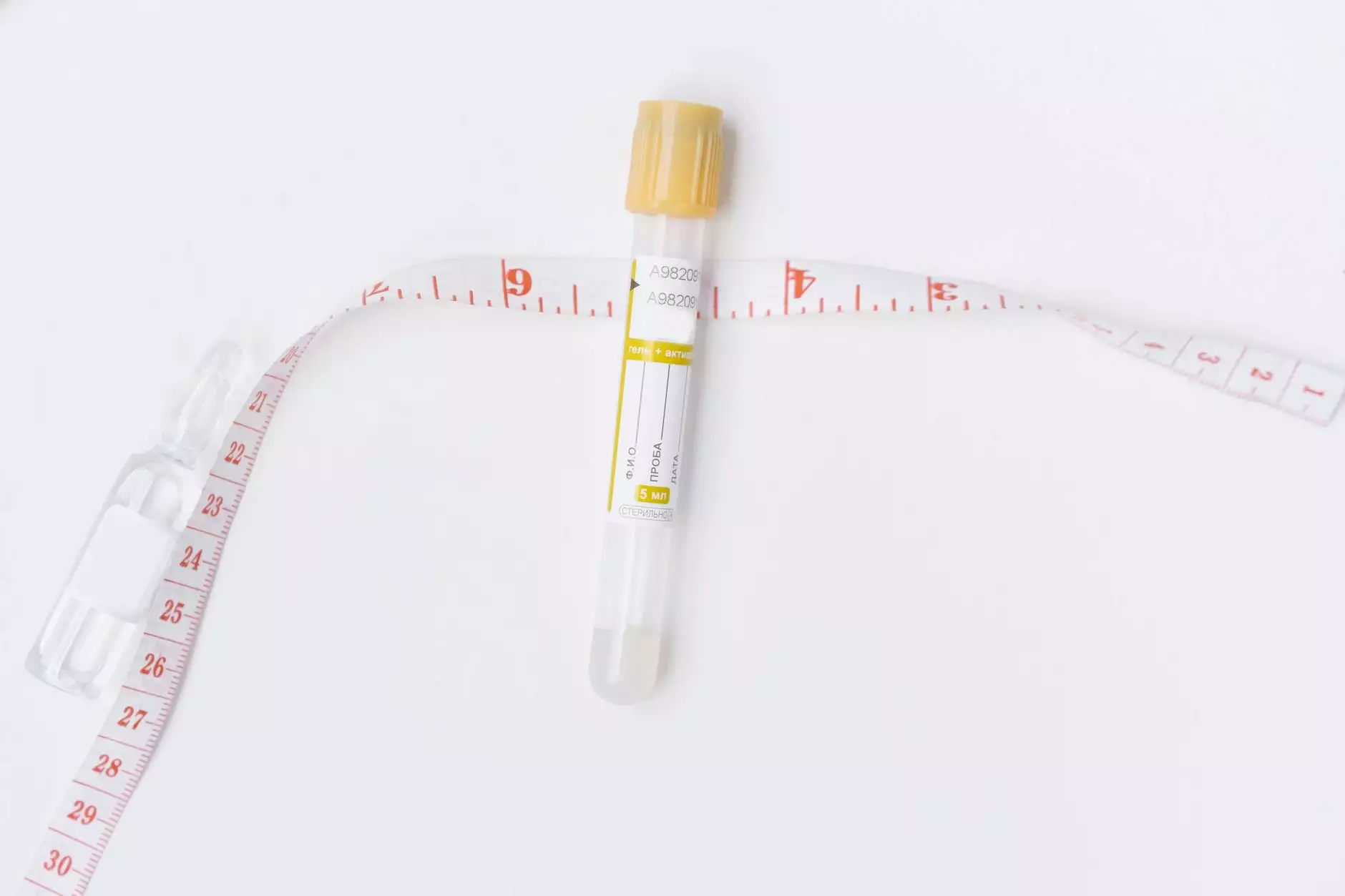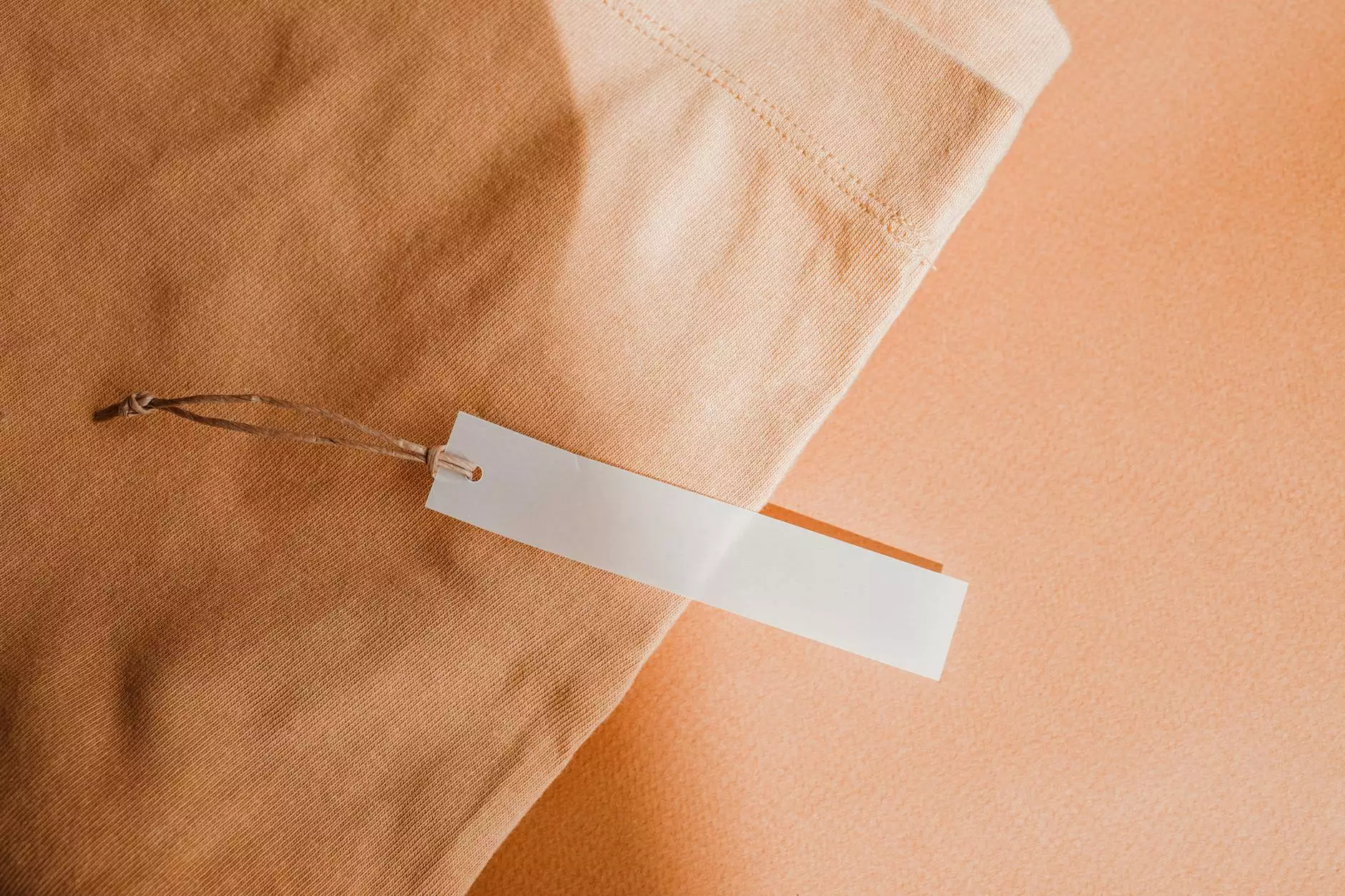The Comprehensive Guide to Mouth Guards: Benefits, Types, and Usage

In today's fast-paced world, dental protection continues to be a significant concern for individuals engaged in various activities, especially contact sports. One of the most effective ways to safeguard your teeth and gums is through the use of a mouth guard. This article provides an in-depth analysis of what mouth guards are, their benefits, the different types available, and how you can choose the right one for your specific needs.
What is a Mouth Guard?
A mouth guard is a protective dental device worn over the teeth to prevent injuries and damage during sports or high-risk activities. They are also used to help manage bruxism (teeth grinding) and other dental issues. Made from various materials, mouth guards are designed to absorb and distribute the forces of impact, thereby protecting your oral cavity.
The Importance of Using a Mouth Guard
Wearing a mouth guard is crucial for several reasons:
- Injury Prevention: Mouth guards protect teeth from fractures, dislocations, and injuries.
- Comfort and Fit: A well-fitted mouth guard can be comfortable to wear, ensuring that you can focus on your activity.
- Long-term Dental Health: Protecting your teeth today can prevent costly dental procedures in the future.
- Jaw Protection: Mouth guards can also help protect the jaw from impact and reduce the risk of TMJ disorders.
Types of Mouth Guards
There are primarily three types of mouth guards, each serving different needs:
1. Stock Mouth Guards
These are pre-formed and can be purchased at most sporting goods stores. They come in various sizes but may not fit everyone perfectly. Their low cost is appealing, but the less personalized fit can reduce effectiveness and comfort.
2. Boil-and-Bite Mouth Guards
These mouth guards are made from thermoplastic material. You boil them in water, and then bite into them to create a custom fit. They offer better protection and comfort than stock mouth guards and are widely available in stores.
3. Custom-Fitted Mouth Guards
The most effective and recommended option, custom-fitted mouth guards are crafted by a dental professional specifically for your mouth. Although more expensive, they provide superior protection, comfort, and durability, making them a worthwhile investment.
How to Choose the Right Mouth Guard
Selecting the right mouth guard involves considering several factors:
- Activity Type: The level of contact involved in your sport or activity will dictate the level of protection you need.
- Fit and Comfort: A mouth guard should fit snugly without causing discomfort. Testing different types can help you find your ideal match.
- Material Quality: Higher quality materials provide better impact absorption and durability.
- Cost: While custom models are pricier, the protection they offer is often worth the price in the long run.
Maintaining Your Mouth Guard
Proper care and maintenance are essential to extend the life of your mouth guard:
- Cleaning: Rinse your mouth guard with cold water after every use, and use a toothbrush with mild soap to clean it weekly.
- Storage: Always store your mouth guard in a ventilated case to prevent bacteria buildup.
- Inspection: Regularly check for wear and tear. If you notice significant damage, it may be time to replace it.
Common Misconceptions About Mouth Guards
Several myths surrounding mouth guards can lead to misunderstandings about their use:
- Myth 1: Mouth guards are only for athletes. Fact: While commonly used in sports, they can be beneficial for anyone who grinds their teeth during sleep.
- Myth 2: All mouth guards are the same. Fact: The fit, type, and material significantly affect the level of protection and comfort they provide.
- Myth 3: You can only use a mouth guard during sports. Fact: Night guards can help with bruxism and are used while sleeping.
Benefits Beyond Protection
In addition to protecting your teeth, mouth guards offer several other benefits:
- Improved Performance: Athletes who wear mouth guards report fewer oral injuries, which can lead to better focus and performance.
- Anxiety Reduction: For those suffering from bruxism, using a mouth guard can help alleviate anxiety related to teeth grinding.
- Cost Effective: By preventing injuries, a mouth guard can save substantial costs on dental repairs and treatments.
Conclusion
Investing in a quality mouth guard is an essential step in maintaining optimal oral health, particularly for athletes, individuals who grind their teeth, or anyone looking to protect their smile. Understanding the different types available and choosing the right one tailored to your needs can profoundly impact your dental health and overall quality of life. Always consult your dental professional for advice on which type of mouth guard is best for you, ensuring that you keep your smile safe and sound for years to come.
For more information on mouth guards and other dental services, visit 92dental.co.uk.









